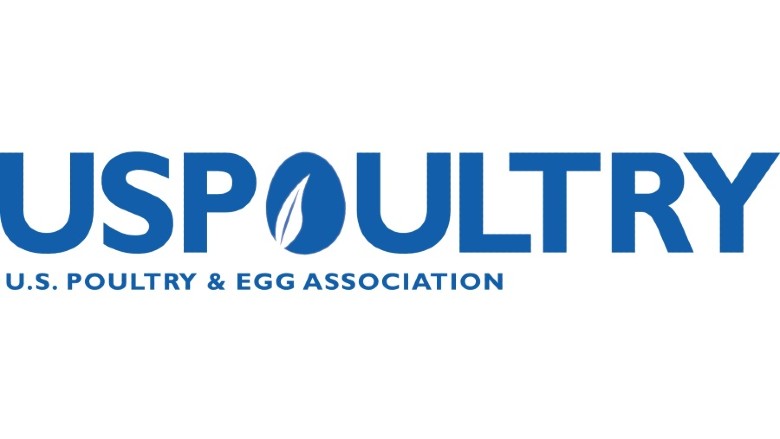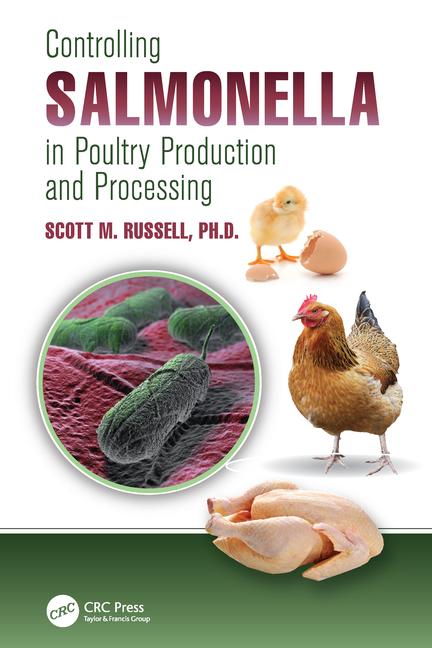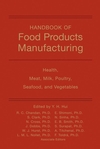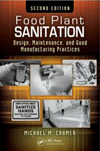Poultry Processor Workshop offers master class in plant operations
Workshop attendees receive resources for leading effectively, meeting customer and regulatory requirements, incorporating new technology and collaborating between departments to maximize results.

Poultry industry professionals from around the country recently met in Nashville, Tenn., for USPOULTRY’s 2024 Poultry Processor Workshop. Attendees were provided with resources for every aspect of plant operations, including leading effectively, meeting customer and regulatory requirements, incorporating new technology and collaborating between departments to maximize results.
Clint Rivers, Wayne-Sanderson Farms president, CEO and chairman of the board, began the Poultry Processor Workshop with a discussion on leadership. A devotee of Dr. W. Edwards Deming, Rivers spoke about the importance of empowering people through leadership and focusing on the underlying processes rather than the end result. The “Three Cs” of leadership — credibility, competency and caring — were identified as a starting point for leadership, and coaching for the growth and development of others was identified as a key leadership strategy. The effectiveness of the Wayne-Sanderson Farms’ Process Focus initiative and its emphasis on continuous improvement was also discussed.
USDA Food Safety and Inspection Service Under Secretary Dr. Emilio Esteban provided a regulatory update to attendees, detailing several different agency initiatives and priorities. The reduction of poultry-related Salmonella illnesses, including the recent Not-Ready-To-Eat Breaded Stuffed Chicken Final Rule, was discussed. Emerging techniques such as genomics, vaccination and enumeration were also explored in the context of Salmonella illness reduction.
Kevin Atkins, vice president of food safety and regulatory affairs at Perdue Farms, discussed Salmonella process control throughout the life of the bird and throughout the processing plant. A proposed sampling program was shared, including location and frequency, to assess the effectiveness of Salmonella reduction throughout the plant. Modeling of intervention effectiveness throughout the process was also demonstrated, with commentary on particular stages in the process and their contribution to the reduction of microbial loads.
Lynda Loudermilk, senior scientist at KFC/Yum Brands, gave attendees a window into a customer’s view of animal welfare. After an introduction to KFC and Yum Brands, Loudermilk walked attendees through supplier expectations, beginning with the five freedoms of animal welfare. Other supplier expectations, such as the Yum Sustainable Animal Protein Principles, and sustainability metrics, were outlined. Loudermilk noted that chicken, due to its sales volume throughout the company, receives the greatest emphasis in animal welfare and said that KFC/Yum are working to “increase transparency, create consistency across brands, improve data collection, and communicate progress and challenges” to stakeholders.
Eddie Fortner, area operations manager for Wayne-Sanderson Farms, discussed his experience with plant automation. He noted that there are several reasons for automation, including volume, quality, safety, profit margins, labor challenges and customer desires. While discussing each motivation, Fortner provided a real-life example of related equipment along with its advantages and disadvantages.
Dr. Brandon Armwood, director of vet services for Pilgrim’s, closed the workshop with a discussion of how live production can assist with plant operation challenges. Armwood explored six areas where plant operations and live production can work together, including feed withdrawal, Salmonella monitoring and control, paw quality, uniformity, DOAs and condemnations. For each of the issues, several suggestions were offered that can help improve bird welfare and food safety, as well as maximize yield.
Source: U.S. Poultry & Egg Association
Looking for a reprint of this article?
From high-res PDFs to custom plaques, order your copy today!







